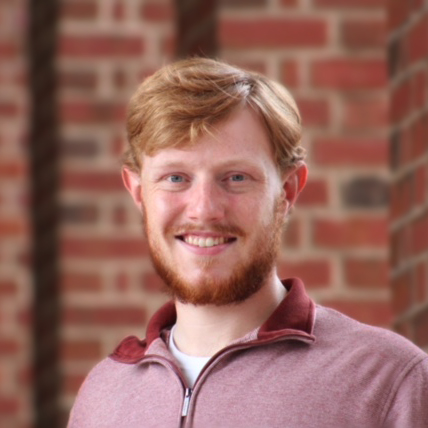Eli Sherman, a PhD candidate in the Department of Computer Science, has been chosen as a 2020 Google PhD Fellow. He is one of 54 doctoral students from around the globe to receive a fellowship.
Sherman’s research in machine learning and healthcare prompted him to apply for the competitive fellowship. He is particularly interested in how machine learning can help improve clinical decision-making and allocation of healthcare resources.
“Imagine you need an important medical procedure and your hospital only has the capacity to perform that procedure for one patient per day. If there happen to be several people ‘in line’ for the procedure, how should clinicians at the hospital decide which patient goes first?” said Sherman. “Certainly, there are clear cases where a patient in a severe state of illness should be moved to the front of the line. But there are also gray areas, where determining severity and need is less obvious. These are the types of questions I study.”
Advised by Ilya Shpitser, John C. Malone Assistant Professor of Computer Science, Sherman’s research utilizes statistics and causal inference, a machine-learning adjacent field. Casual inference focuses on developing methods to identify and quantify causal relationships between variables in data collected from the world around us.
“I work on methods for analyzing causal relationships in populations where there is dependence between the subjects we are studying, such as infectious disease spread, pollution, or public policy,” said Sherman.
In 2009, Google created the PhD Fellowship program to recognize and support outstanding graduate students who seek to influence the future of technology by pursuing exceptional research in computer science and related fields. Now in its 12th year, these fellowships have helped support approximately 500 graduate students globally in North America and Europe, Africa, Australia, East Asia, and India.
“I view this fellowship as permitting me a great deal of freedom to pursue development of the methods for better allocating resources and, more importantly, work towards deploying them in clinical practice,” said Sherman. “The strongest motivation for doing research is not the intellectual challenge of the work, but the idea that the research could have a tangible, positive impact on peoples’ lives.”
Winners of the Fellowship will receive two years of tuition and fees paid.
